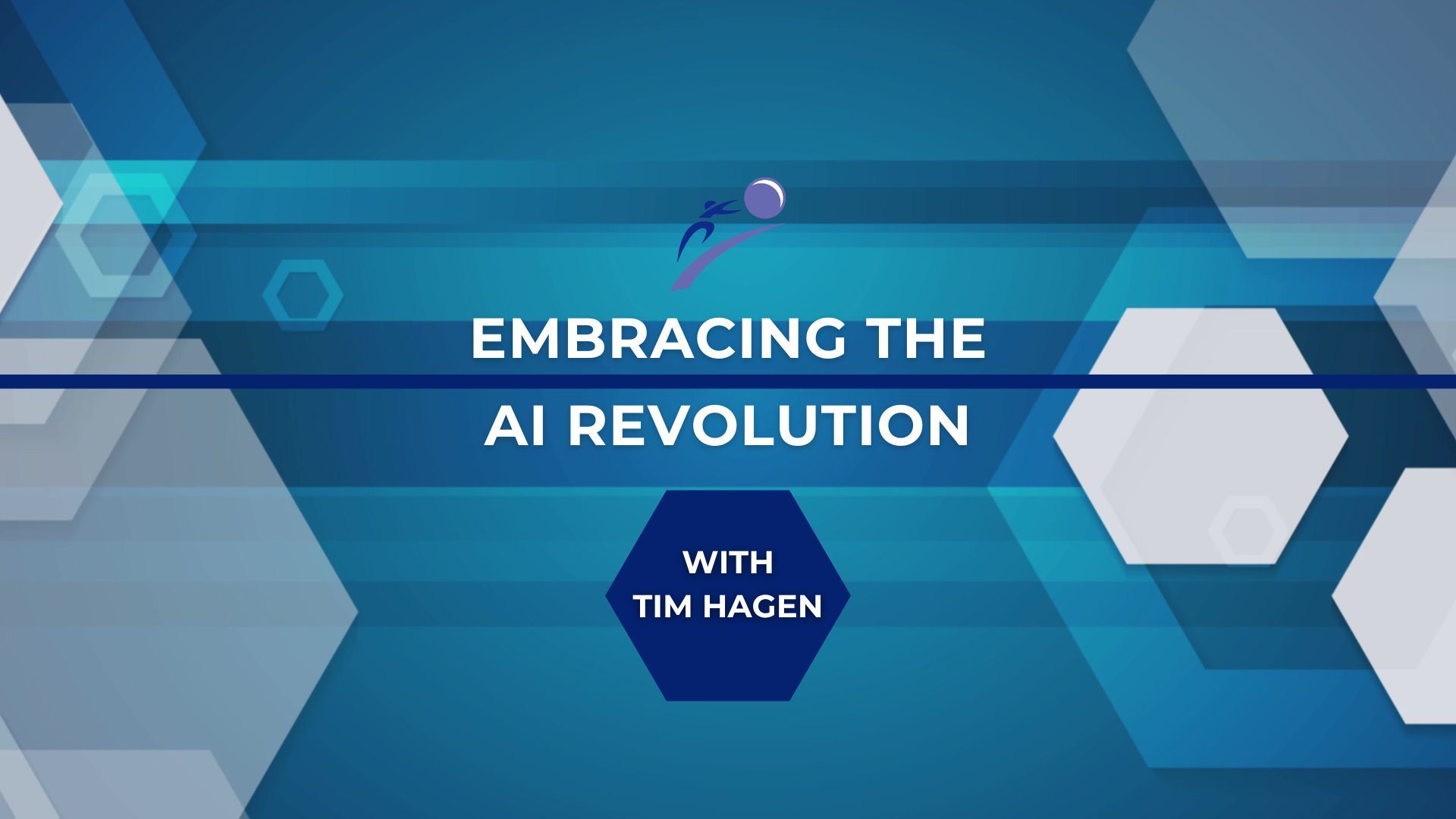
When we have to do something associated with conflict and confrontation, people tend to get very squeamish and hesitant to even do so. But, in the meantime, they'll go off and tell others of their frustrations, resulting in "Water Cooler Talk"!
The major reason why this phenomenon occurs is because we have an uncomfortable relationship with conflict. When people hear the word conflict or confrontation, they typically imagine people yelling, bloodshed or profanity. Maybe it conjures up something in their past that they just want to avoid at all costs.
The reality is the workplace is filled with conflict, such as disagreement or differing opinions or different styles or different perspectives of the way things should be done. When entering and coming out on the back end of conflict successfully, it can actually be a very worthwhile endeavor.
- With any unhealthy relationship (like my addiction to Diet Pepsi) we must learn specific mechanisms to change our views.
- Conflict resolution does not have to involve bloodshed, yelling or screaming. Rather, it can be done very cooperatively and thoughtfully.
- People avoid conflict because they just don't know how to start. What they do is ultimately let the conflict or should I say the lack of conflict build up emotionally and then it comes out as an explosion and this is usually what creates the perception of conflict.
How to Get Out of a Bad Relationship:
Dealing with conflict can, again, be a very healthy endeavor. The first thing we must do is develop a healthy relationship with it by understanding the language needed to provide conflict or confronting of an issue. These five words are extremely helpful when dealing with conflict: We share opportunity, observation, and perspective.
- The word We means that we're going to work through it together.
- The word share is a friendly way to say, "I'm about to share something with you," versus saying, "Here's what you do that frustrates me."
- Opportunity is really the critical component of the language. If there is an opportunity for someone to improve and we deliver it in the form of an opportunity versus our own personal frustration, people become more accepting of it.
- Perspective and observation are neutral terms to provide awareness of where this conflict might be coming from. The critical component when dealing with conflict is to not lead with emotion, but to lead with this language. Here's an example. "Bob, I'm wondering if we could sit down and chat as I'd love to provide you an opportunity of where I think you and I could work more effectively together based on a couple of my perspectives and I certainly want to learn from a couple of your perspectives, as well." This might seem very soft to some of you, but this is where conflict must start in terms of people delivering it thoughtfully and hopefully having it received the same way.
Check Out Our Upcoming 100 % Educational Webcasts:
- Feedback is Your Friend: click here
- How to Design and Deliver a Coaching Program Your Managers Will Love: click here




